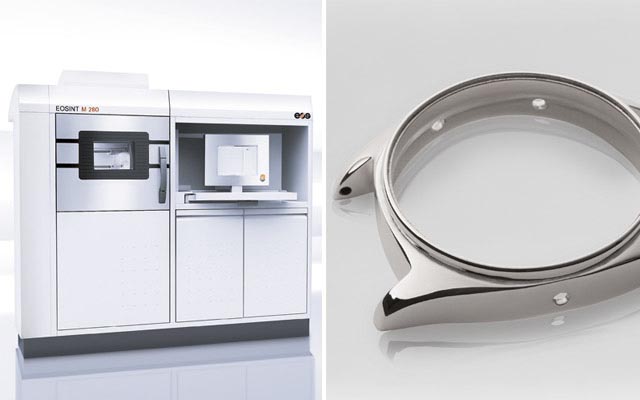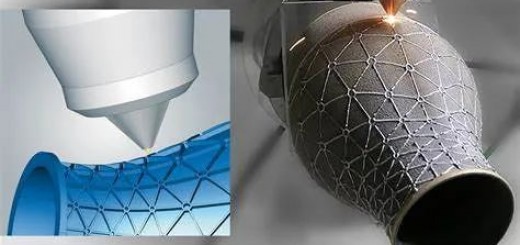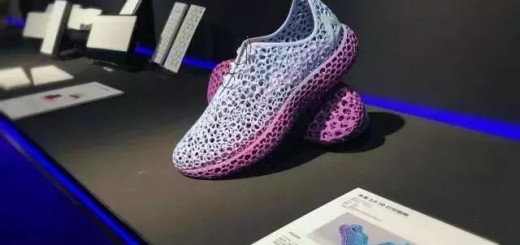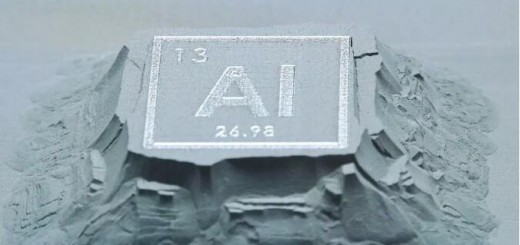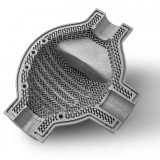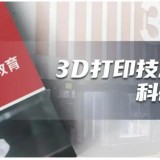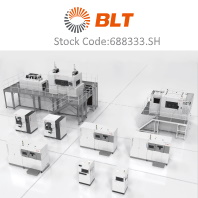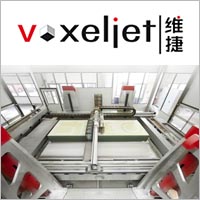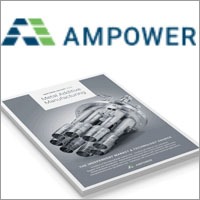3D打印技术的先行者EOS推出新的材料:钛(Titanium Ti64ELI )和不锈钢(StainlessSteel 316L)。
钛(Titanium Ti64ELI )是一种轻金属合金,具有耐腐蚀性和生物相容性。用这种材料通过增材制造出来的产品具有相当于 ASTM F136的化学成分和力学性能,该合金可在EOSINT M280进行金属激光烧结3D打印,成品由于其良好的生物相容性和高纯度,非常适合用于医疗行业。
不锈钢(StainlessSteel 316L)具有生物相容性和耐腐蚀性等,化学成分对应ASTM f138,同样适合医疗行业,该合金特别适合手术器械,内窥镜手术,骨科植入物。
新的EOS不锈钢316L还适用于钟表珠宝制造业,设计师可以受益于3D打印所带来的的自由造型和结构完整性的便利。部分产品例如表壳可以有效节约成本和节约资源。同样也适用于增材制造游艇部件或功能元件。在航空航天工业,EOS不锈钢也是一个不错的选择,制造夹紧元件或热交换器。可以通过机械后处理或抛光来达到想要的精度和表面光洁度。
EOS的金属产品经理Christiane Krempl表示:“在增材制造领域更广泛应用各种钛和不锈钢材料反映不断变化的需求,并且为客户开辟了新的领域。”
(3D科学谷编译自tctmagazine, 欢迎转载,转载请连接至www.51shape.com)
Market-leading metal additive manufacturing company EOS has announced the introduction of two new metal materials into its portfolio.
The 3D printing technology forerunner has added EOS Titanium Ti64ELI and EOS StainlessSteel 316L to its offering.
The former is a light metal alloy that is corrosion resistant and biocompatible. Parts built using EOS Titanium Ti64 have a chemical composition and mechanical properties corresponding to ASTM F136 and provide a high-detailed resolution to builds. This alloy can be processed on an EOSINT M280 metal laser sintering system and has proven to be corrosion resistant. Due to its biocompatibility and high-grade purity, it is very well-suited for additive manufacturing in the medical sector.
EOS StainlessSteel 316L is biocompatible and corrosion resistant as well, and has been optimised especially for processing on the EOSINT M280 metal laser sintering system. It shows a good level of corrosion resistance and high ductility. Parts built from EOS StainlessSteel 316L have a chemical composition corresponding to ASTM F138 and in the medical industry, this alloy is particularly suited for surgical instruments, endoscopic surgery, orthopedics and implants.
The new EOS StainlessSteel 316L is also well suited to the watch and jewellery-making sector, where the designer can benefit from the added freedom of shaping and structural integrity this material afford. Parts such as watch cases – thanks to defined hollow spaces – can be manufactured more cost-efficiently and easily, saving resources. The material is also well suited for additive manufacturing applications such as spectacle frames or functional elements in yachts. In the aerospace industry, EOS StainlessSteel is also a good choice for the manufacture of clamping elements or heat exchangers. Parts manufactured from that material can be mechanically post-processed or polished.
Product Manager for Metals at EOS Christiane Krempl stated: “A broader variety of titanium and stainless steel materials mirrors the ever-changing requirements among our customers and opens up new fields of application.”
(3D科学谷编译自tctmagazine, 欢迎转载,转载请连接至www.51shape.com)

